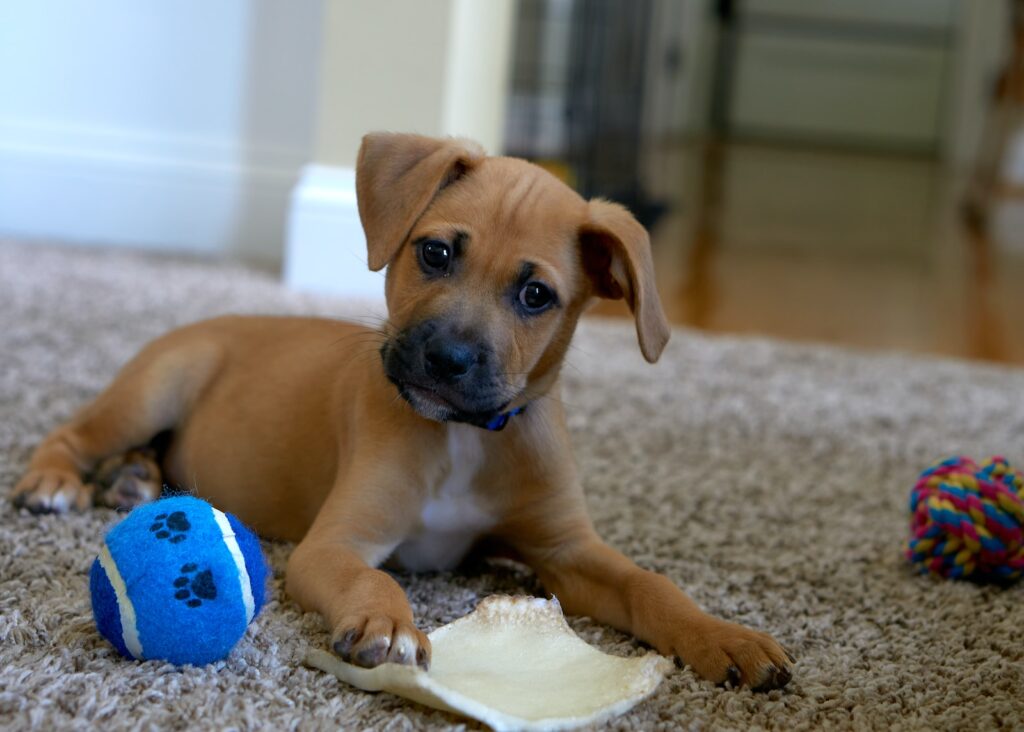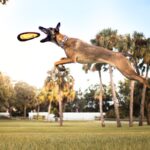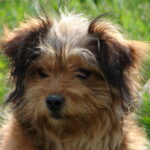Can Dogs Eat Chorizo? — No, They can’t
Dogs should not consume chorizo as it can pose potential risks to their health. Chorizo is a highly seasoned sausage that typically contains ingredients such as pork, garlic, and various spices. While it may be tempting to share this flavorful treat with your furry companion, it’s important to understand why chorizo is harmful to dogs and the potential dangers it presents.
Can Puppies Eat Chorizo?
Puppies, in particular, should never be given chorizo. Their developing immune systems and delicate digestive systems make them more susceptible to the risks associated with consuming this type of food. It is crucial to keep puppies away from chorizo to ensure their overall well-being and health.
Why is Chorizo Harmful for Dogs?
Chorizo can be harmful to dogs due to several reasons:
1. High Fat Content
Chorizo is typically high in fat, which can lead to digestive issues and potentially contribute to pancreatitis in dogs. Excessive fat consumption can cause vomiting, diarrhea, and discomfort for our canine friends.
2. Seasonings and Spices
Chorizo is heavily seasoned and may contain spices that could be irritating or toxic to dogs. Garlic, onion, and certain spices can be harmful to their health and should be avoided.
3. Sodium and Preservatives
Commercially produced chorizo often contains high levels of sodium and preservatives, which can be detrimental to a dog’s health. Excessive sodium intake can lead to dehydration and worsen existing conditions such as heart disease or kidney problems.
Symptoms to Watch Out For After Dogs Consume Chorizo
- Upset Stomach: Dogs may experience vomiting, diarrhea, or nausea after consuming chorizo.
- Pancreatitis: The high fat content in chorizo can increase the risk of pancreatitis, which can cause severe abdominal pain and digestion issues in dogs.
- Garlic or Onion Toxicity: If chorizo contains garlic or onion, it can potentially lead to toxicity symptoms such as weakness, pale gums, and elevated heart rate.
Immediate Steps to Take if Your Dog Eats Chorizo
- Monitor Your Dog: Keep a close eye on your dog for any symptoms of digestive distress or discomfort.
- Offer Fresh Water: Ensure that your dog has access to clean, fresh water to avoid dehydration.
- Contact Your Veterinarian: If your dog shows any concerning symptoms or if you are unsure about the severity of the situation, it’s best to consult with your veterinarian for professional advice.
Safe Alternatives to Chorizo
While chorizo is off-limits for dogs, there are safe alternatives that they can enjoy. Consider offering your dog these safer food options instead:
- Turkey — A lean protein source that provides essential nutrients for dogs without the harmful additives found in chorizo.
- Salmon — Rich in omega‑3 fatty acids and beneficial for a dog’s skin, fur, and overall health.
- Sweet Potatoes — A nutritious and delicious option packed with vitamins, fiber, and antioxidants.
Conclusion
Chorizo is not safe for dogs to consume due to its high fat content, seasonings, and potential additives. It is crucial to prioritize your dog’s health and well-being by avoiding sharing chorizo with them. Be vigilant in choosing appropriate, dog-friendly alternatives to ensure their nutritional needs are met without compromising their health.
Frequently Asked Questions
1. Can dogs eat other types of sausages?
While some sausages may be safer than others, it is generally best to avoid feeding dogs any type of sausage. The high fat content, seasonings, and additives in many sausages can pose health risks to dogs.
2. Are there any safe human foods for dogs?
Yes, there are several human foods that are safe for dogs to consume in moderation, such as lean meats, fruits, and vegetables. However, it is important to research and consult with your veterinarian before introducing any new foods to your dog’s diet.
3. What should I do if my dog accidentally ingests chorizo?
If your dog accidentally consumes chorizo, monitor them closely for any signs of digestive distress or discomfort. It is recommended to contact your veterinarian for guidance, especially if your dog shows severe symptoms or if you are unsure about the potential risks involved.
4. Can dogs have garlic or onions in any form?
Garlic and onions, whether in raw, cooked, or powdered form, can be toxic to dogs. These ingredients can cause damage to a dog’s red blood cells and lead to anemia. It is best to avoid feeding any foods containing garlic or onions to dogs.






